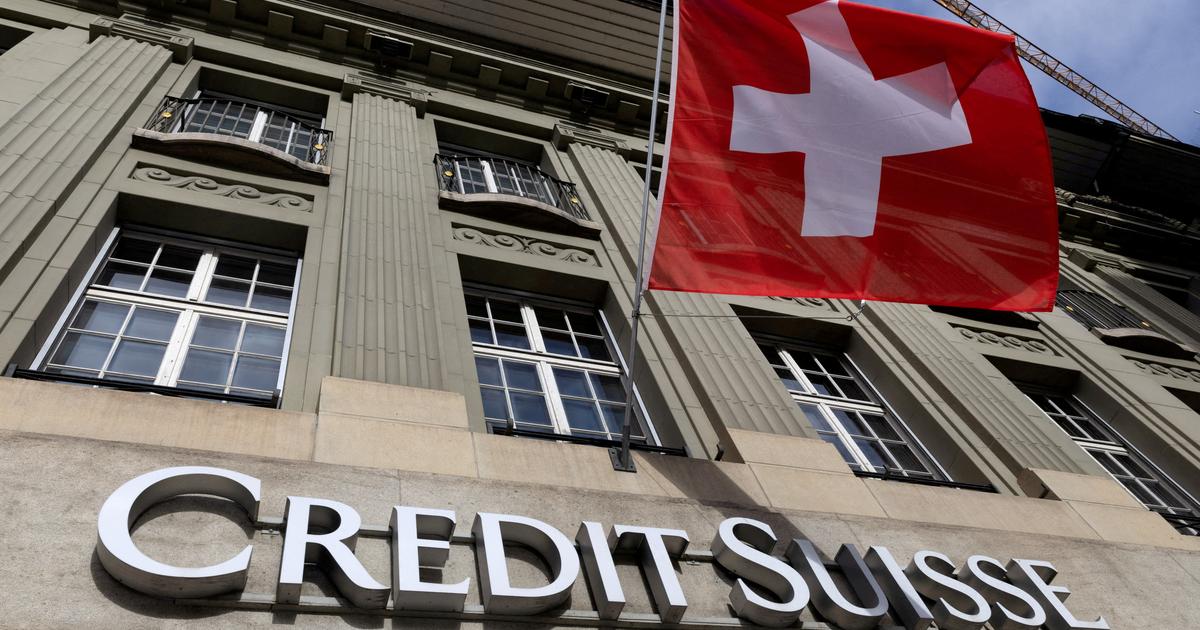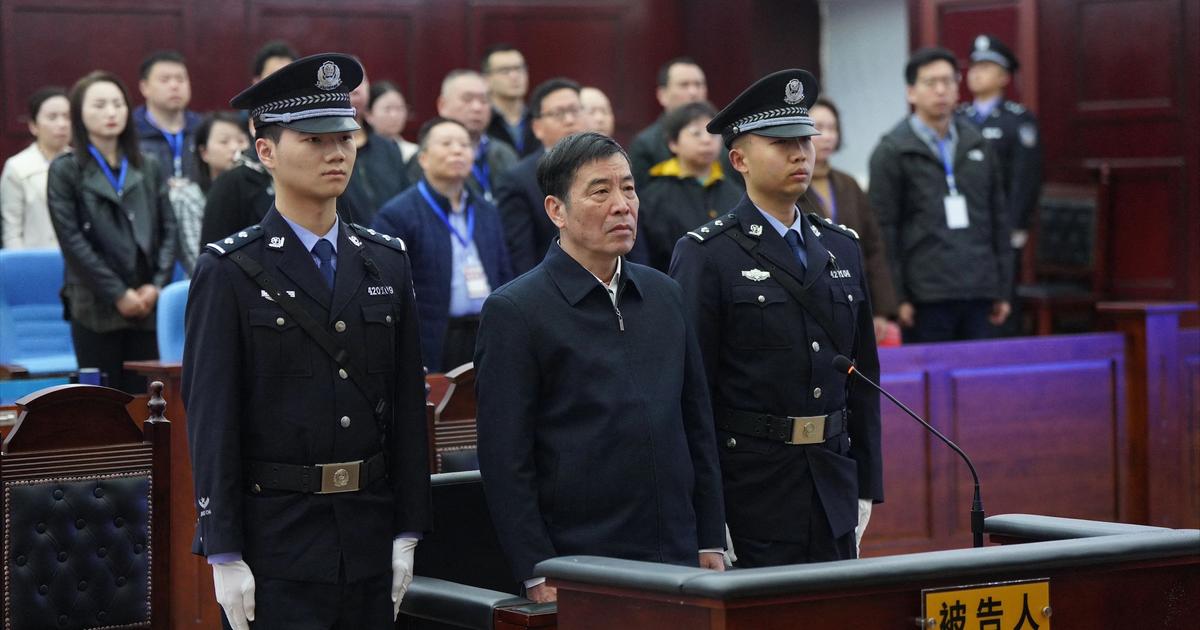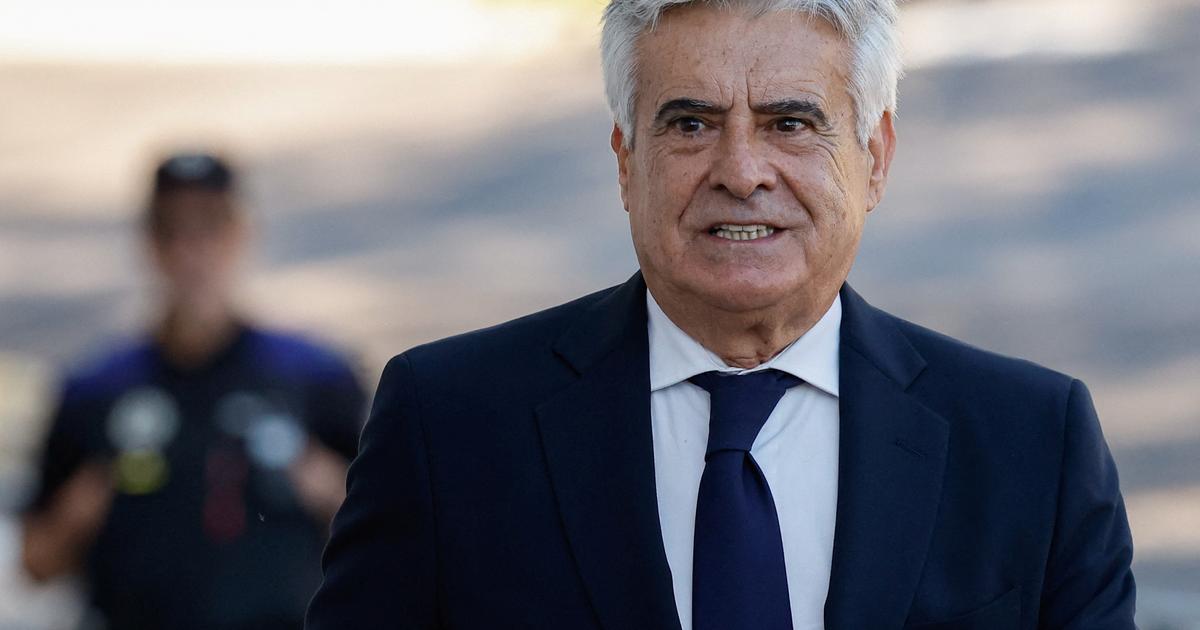Enlarge image
Credit Suisse offices in Manhattan: Almost $ 100 million to the US Securities and Exchange Commission
Photo: Mike Segar / REUTERS
Credit Suisse is slowly fighting its way out of the crisis.
After a massive shadowing scandal had weighed on the Swiss bank, the institute is now expected to pay a fine of several hundred million euros for alleged violations of the law in connection with a corruption scandal in Mozambique.
The US Department of Justice and the SEC announced on Tuesday in Washington that the US Department of Justice and the Securities and Exchange Commission announced a corresponding comparison of fines totaling around $ 475 million in the United States and Great Britain. Credit Suisse said it was satisfied with being able to draw a line under the proceedings.
The authorities accuse the bank of being involved in a comprehensive bribery plot between 2013 and 2016. Specifically, it is about state-guaranteed large loans and bonds, with which allegedly, among other things, a fishing project in Mozambique should be financed. In fact, according to the US Department of Justice, corrupt government officials of the Southeast African state were bribed with the money. In addition, Credit Suisse investment bankers are said to have enriched themselves.
The prosecutors accuse the Swiss financial group of having violated the anti-corruption law "Foreign Corrupt Practices Act", with which the USA pursues allegations of bribery beyond its own national borders.
The US Securities and Exchange Commission also accuses Credit Suisse of misleading investors and a lack of internal controls.
Almost $ 100 million of the fines went to the SEC, around 175 million to the US Department of Justice and 200 million to the British financial regulator FCA.
With the shadowing scandal, however, Credit Suisse is likely to have its problems for longer.
The Swiss Financial Market Authority (Finma) has attested serious violations of supervisory law at the bank in the affair surrounding the shadowing of former top managers.
Seven observations between 2016 and 2019
In its final report on the incidents in 2019, the authority identified serious organizational deficiencies and an inadequate corporate culture in parts of the operational management of the second largest Swiss institute at the time.
Two people had been reprimanded, and Finma had initiated so-called enforcement proceedings against three others.
Two years ago it became public that the bank had its star manager Iqbal Khan, who now worked for arch rival UBS, and other top executives monitored.
CEO Tidjane Thiam resigned at the beginning of the year in the wake of the sensational shadowing affair.
One of his top bankers had previously switched to rival bank UBS - after a heated argument at a garden party.
A year ago, Finma finally initiated enforcement proceedings against the bank.
With this instrument, which is used to enforce supervisory law, the authority can take a whole range of sanctions, from precautionary measures to professional bans and the withdrawal of a license.
According to the investigation, Credit Suisse planned and mostly carried out seven observations between 2016 and 2019.
Two members of the Executive Committee in Switzerland and other employees and third parties abroad were shadowed.
The manner of the shadows at that time shows significant deficiencies in the corporate governance of the bank, according to the authority.
The observations were kept secret and in some cases veiled.
In one case, an invoice was subsequently changed to hide the costs.
Several members of the group management were in the picture through shadows.
Statements made publicly and to Finma by the bank later turned out to be partially incomplete or even inaccurate.
"As a result, Credit Suisse did not have an appropriate organization within the meaning of the Swiss Banking Act in the security area concerned," said a statement from the authority.
"In the relevant period, it also offered no guarantee that business would be flawless."
Further supervisory procedure
In the meantime, the bank has regulated the decision-making and monitoring processes more clearly in the area of security.
In addition, Finma has now caused the bank to set up a new internal reporting system with which the management should continuously inform the board of directors about important governance issues.
In addition, possible further observations would have to be approved by the CEO and the Chairman of the Board of Directors.
In a statement, Credit Suisse regretted that it did not initially provide all of the relevant information.
The bank reiterated that it condemned all unjustified observations.
Monitoring is prohibited unless it is necessary for compelling reasons such as a risk to the physical security of employees.
Even if Credit Suisse should be able to shake off this scandal, it is still burdened with a further investigation by the Finma supervisory authority.
The bank has also tackled this because of the collapse of the US hedge fund Archegos Capital and the emergency liquidation of four funds operated jointly with the now insolvent Greensill.
Antonio Horta-Osorio, Chairman of the Board of Directors who has been in office since spring, now wants to change the culture of the group and heighten risk awareness among employees.
apr / dpa / Reuters









